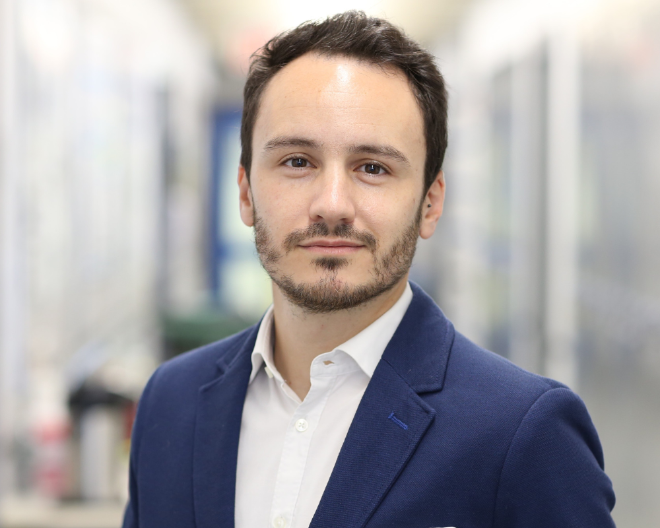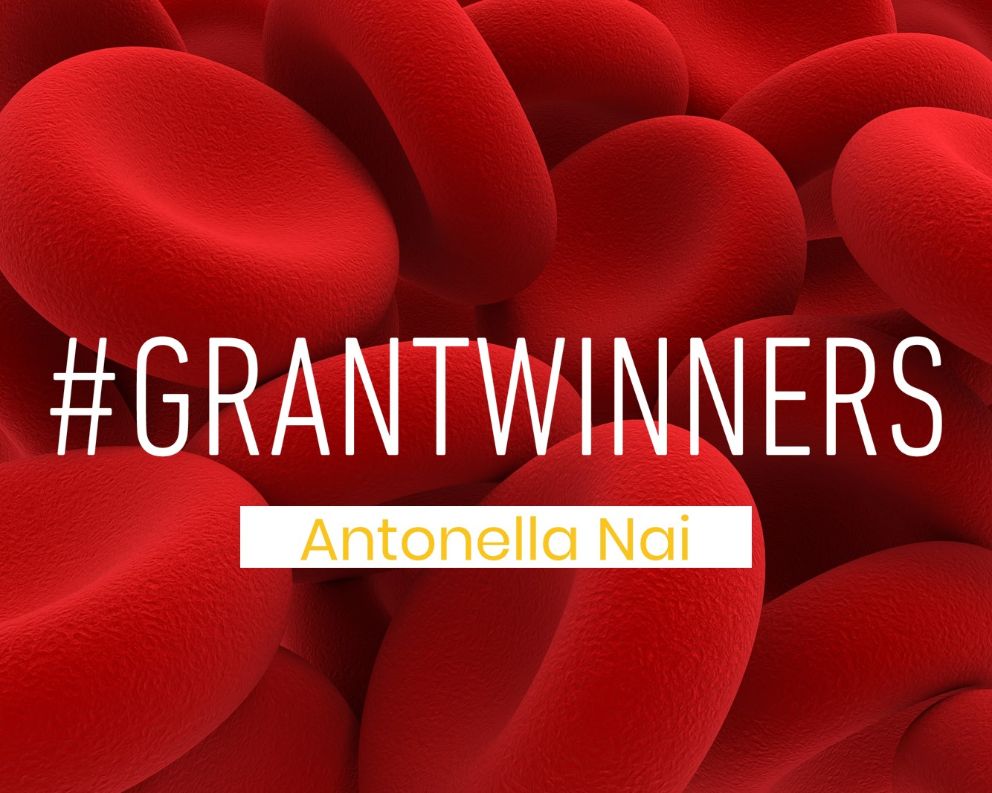
There is a pathology for which Italy holds a sad record: in our country 5-6,000 individuals are affected by beta thalassemia (also known as Mediterranean anemia). In particular, Sardinia – with its 1,000 patients – is the Mediterranean region with the highest incidence of healthy beta-thalassemia carriers. A pathology considered rare (it is estimated that 1.5% of the world population is affected), but for which the search for an effective cure becomes ever more necessary.
It is precisely on this pathology and on a potential novel therapeutic approach that Antonella Nai, a young researcher of the “Regulation of iron metabolism” Unit, headed by Prof. Clara Camaschella, is focused: Antonella is one of the winners of the Bando Cariplo “Biomedical research conducted by Young Researchers 2017”. The grant (€ 250,000 for 3 years) will support the project she coordinates, entitled “Unraveling the role of TFR2 in the pathophysiology of beta-thalassemia for the development of a novel therapeutic approach”. In this interview she told us what her study consists of and how she intends to structure her research.
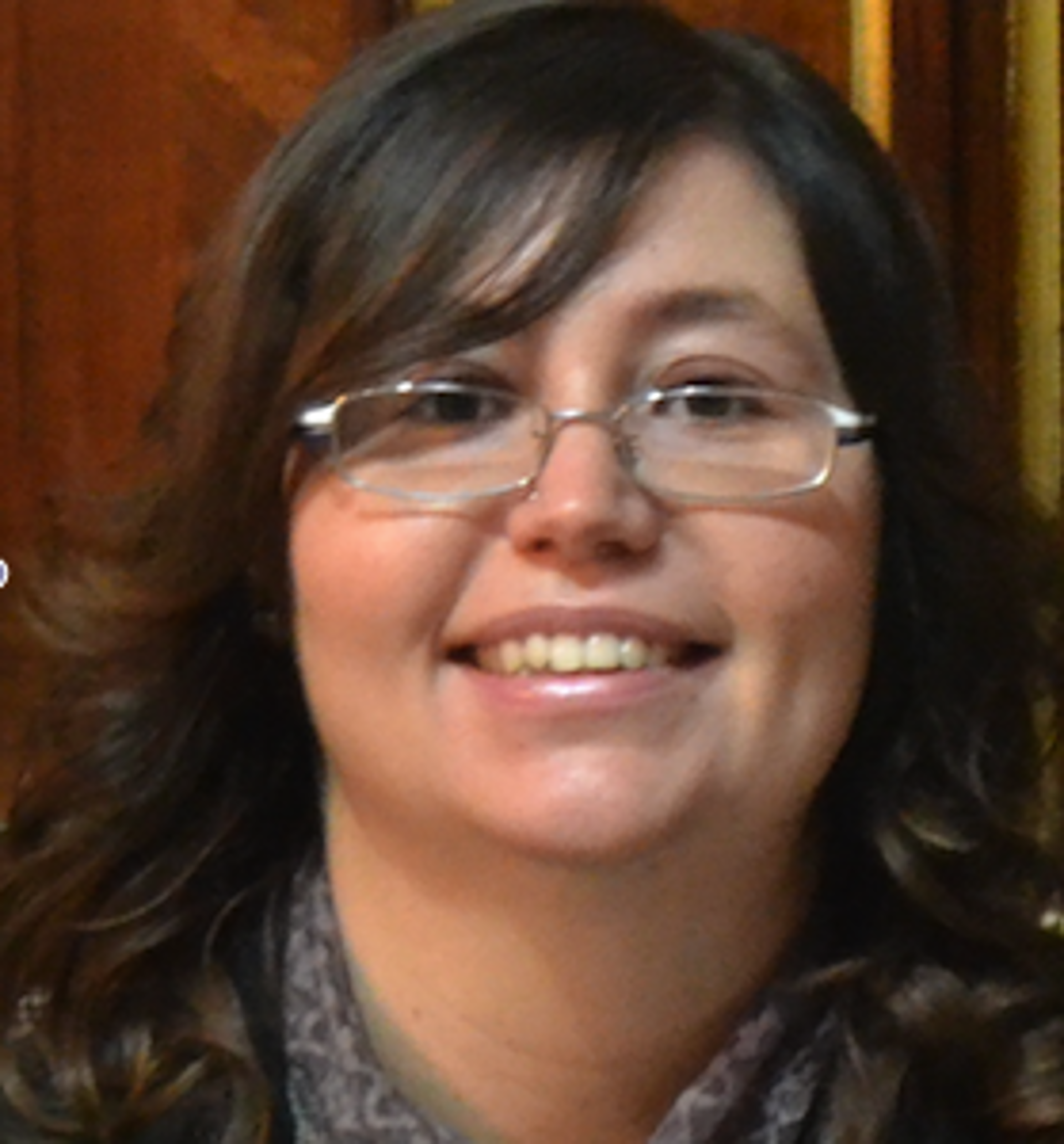
What is Beta-thalassemia?
Our red blood cells contain a molecule called hemoglobin, which in the adult is composed of 4 subunits named “chains”: 2 α chains and 2 β chains. In the hemoglobin molecule each subunit binds the heme group, which coordinates an iron atom and is responsible for the transport of oxygen. Therefore each hemoglobin molecule can bind four oxygen molecules.
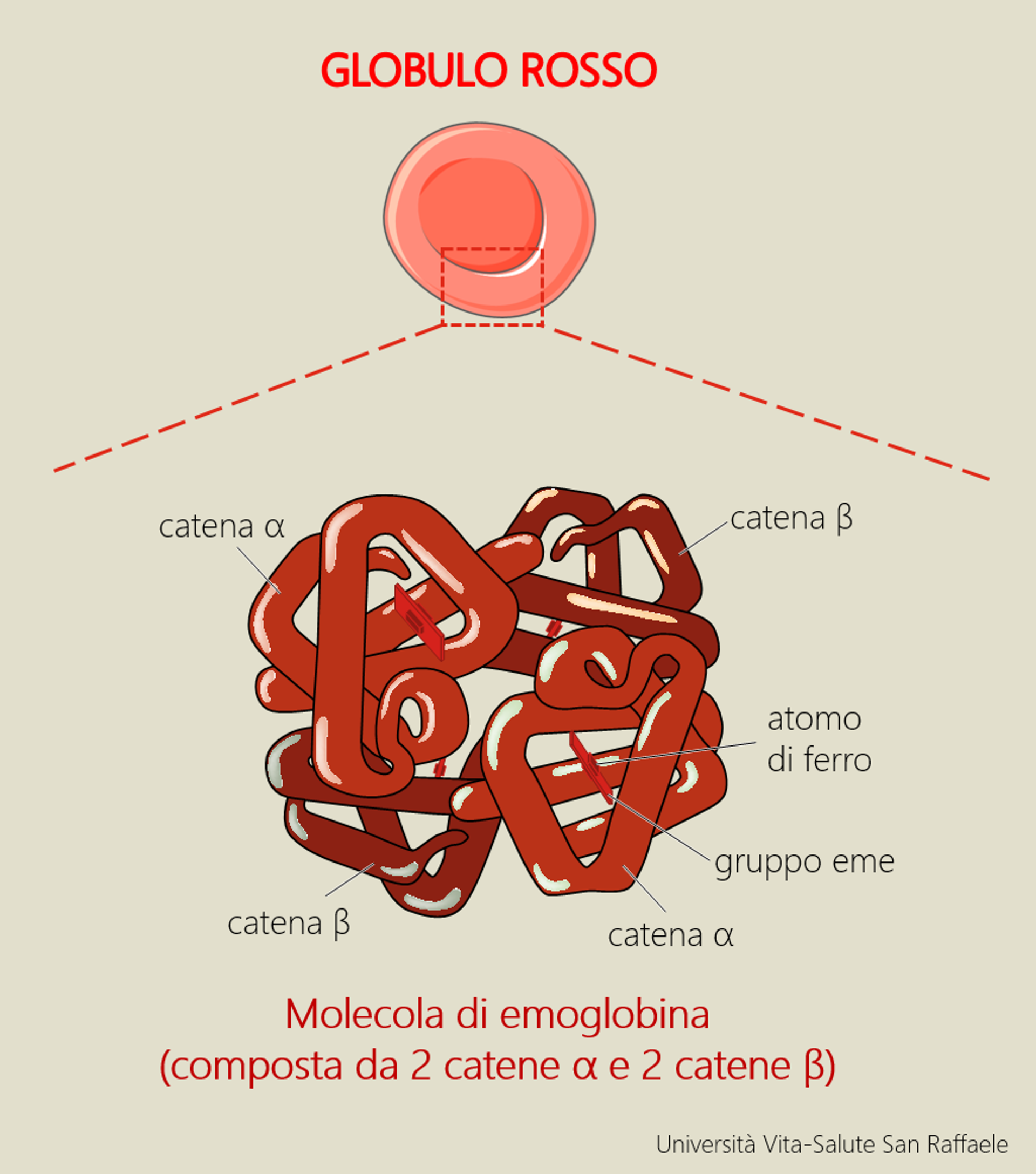
Beta-thalassemia (or more correctly in the plural, beta-thalassemias) are disorders caused by mutations in the beta-globin gene; the two main forms are thalassemia minor (caused by a mutation in the beta-globin gene, resulting in a modest reduction in the synthesis of the β-chain) and thalassemia major (when two mutations in the beta-globin gene occur, with severe reduction or total absence of the β chain). A form of thalassemia intermedia exists whose severity is intermediate between the described forms. Antonella explains: “In the absence of adequate amounts of β-chain, α-chain deposits form in red blood cells: this results in deformed red blood cells, anemia, ineffective erythropoiesis (the red blood cell formation process), iron overload, and in the most severe cases splenomegaly (enlarged spleen) and bone deformity”. The therapies used to date are mainly based on continuous blood transfusions associated with iron chelating treatments, which consist in the use of drugs that bind and eliminate excess iron, or bone marrow transplantation when a donor is available. Novel experimental treatments for thalassemia are under evaluation. The group of Prof. Camaschella, for years Professor of Internal Medicine at the Vita-Salute San Raffaele University until 2017, and in particular Dr. Nai have been collaborating for a long time with Prof. Giuliana Ferrari Professor of Molecular Biology at the San Raffaele Vita-Salute University and Head of Unit at San Raffaele Telethon Institute for Gene Therapy (SR-TIGET), whose main line of research is represented by gene therapy for thalassemia. “The ongoing clinical trial in patients affected by transfusion- dependent ß thalassemia is giving encouraging results, especially in the youngest patients, but this strategy is complex and expensive, so there is a lot of interest in identifying alternative and simpler approaches, that could be effective on a broader spectrum” Dr. Nai says.
Antonella's project
“Our project focused on an iron protein named Tfr2 (transferrin receptor 2), expressed primarily in the liver, where it regulates iron availability, and on the surface of erythroblasts [cells progenitors of red blood cells, produced by the bone marrow, Editor’s Note]. We have previously shown that Tfr2 has an important effect on normal erythropoiesis: the absence of Tfr2 significantly improves the maturation of red blood cell precursors, enhancing their susceptibility to erythropoietin stimulation [the hormone that regulates the production of red blood cells, indicated with a purple triangle in the Figure] and increasing red blood cells count even in a normal mouse”.
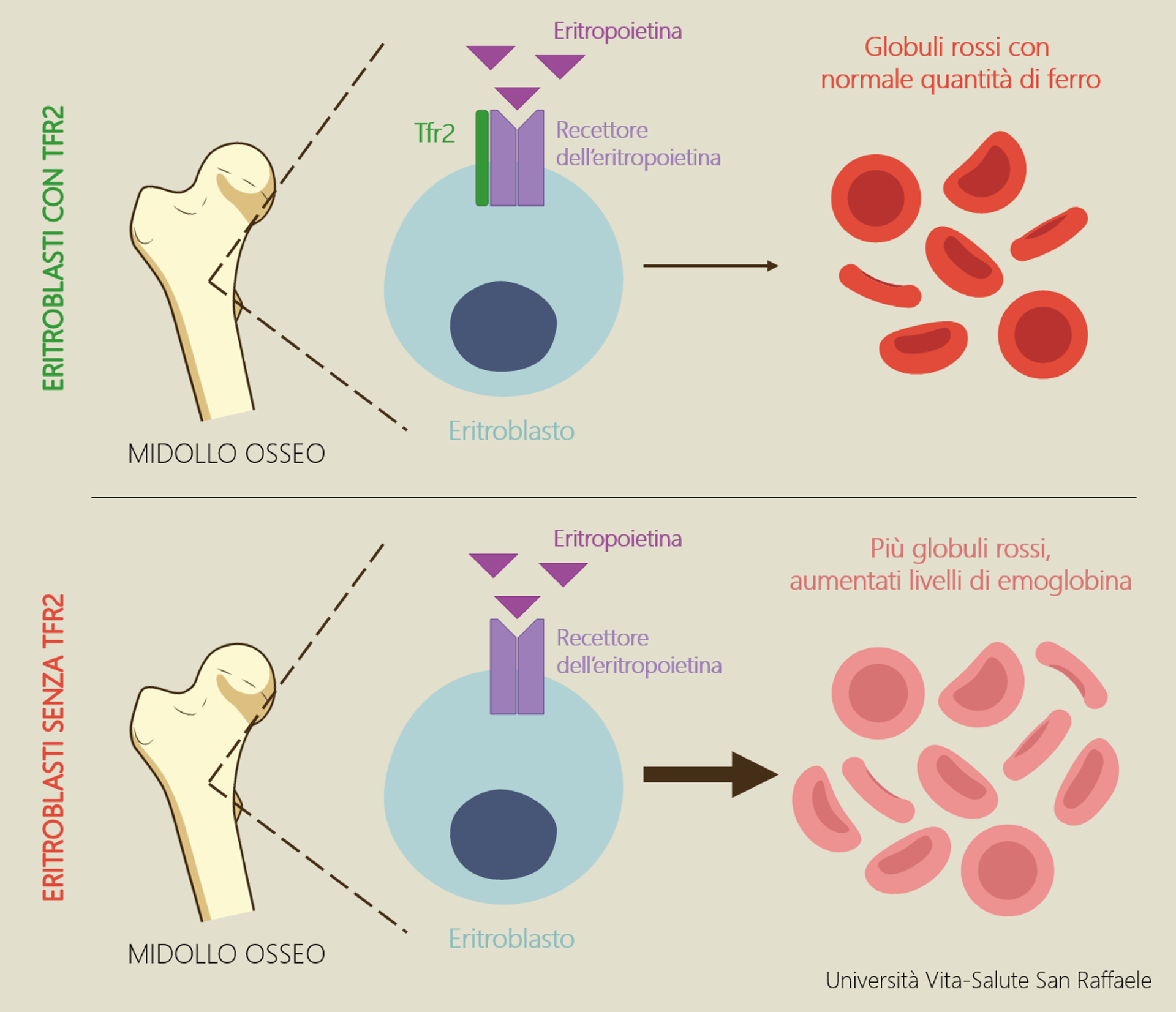
Therefore, the aim of the project is to investigate and unveil the molecular role of Tfr2 on ineffective erythropoiesis in beta-thalassemia. Preliminary data suggest that in a model of thalassemia intermedia (not dependent on blood transfusions) the absence of Tfr2 leads to a significant improvement of anemia. “The ultimate goal is to identify and test a molecule that selectively inhibits Tfr2 in thalassemic animals to be proposed as a novel therapeutic agent to control ineffective erythropoiesis and improve beta-thalassemia anemia”.
The researchers note that, in the long term, the beneficial effect of the increased erythropoiesis could be limited, probably because of the consumption of iron, which becomes insufficient for the enhanced erythropoiesis. “For this reason, during the project we will pay particular attention to the modulation of iron levels, a critical aspect of this disorder”.
Finally, considering that the preliminary studies have been carried out in the thalassemia intermedia model, “we would like to validate the same approach also in thalassemia major, the most severe form of the disease”.
Blood smear obtained from a healthy mouse (on the left) and a thalassemic mouse (on the right). In thalassemia, red blood cells (besides numerically lower compared to healthy subjects) present very irregular forms due to the deposit of α chains agglomerates. Pictures taken by Dr. Giacomo Mandelli (“Gene transfer into stem cell” Unit, SR-TIGET, San Raffaele Hospital).
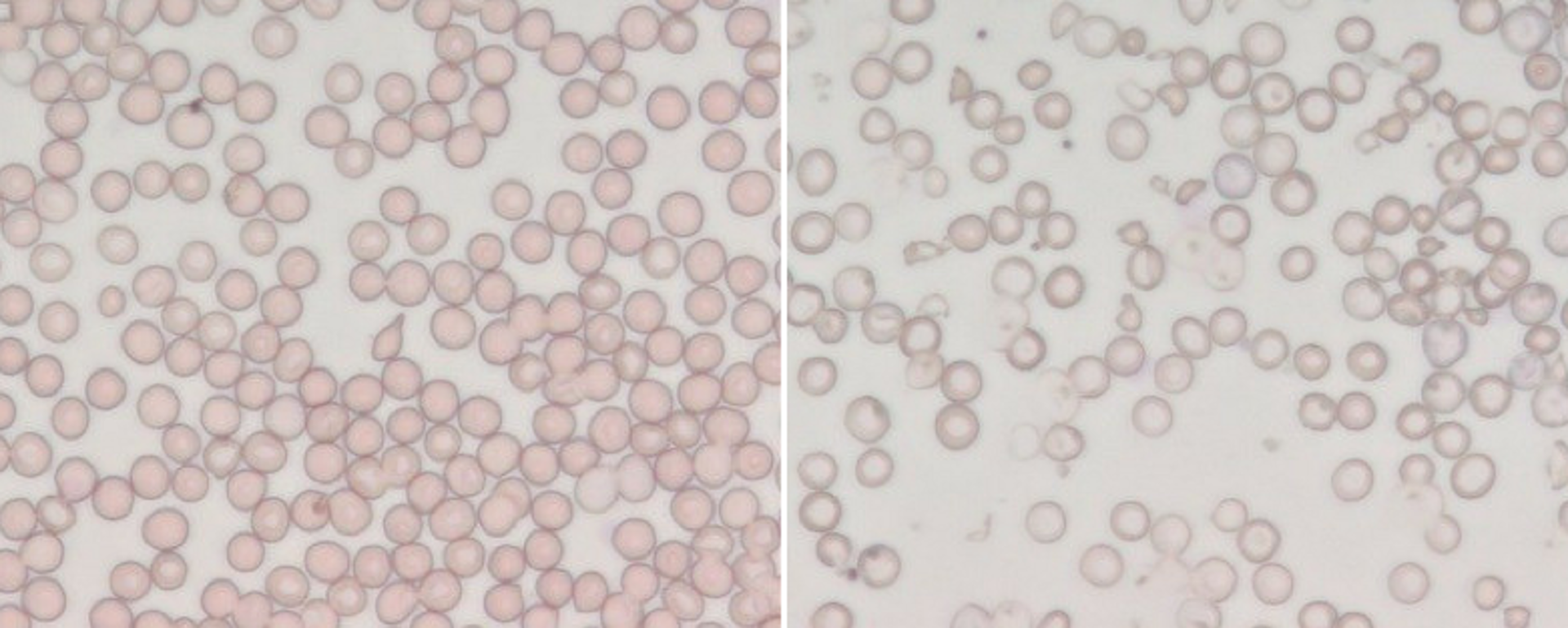
You might be interested in
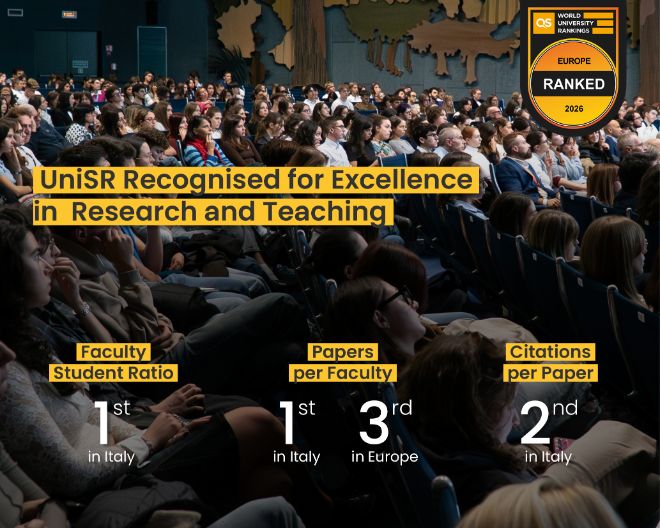
UniSR ranked 1st in Italy for Research and Teaching
/resolutions/res-c660x528/Veschetti_Cariplo_P.-Aeruginosa_UniSR-(1).jpg)
Uncovering the hidden role of bacterial microRNAs in chronic respiratory diseases
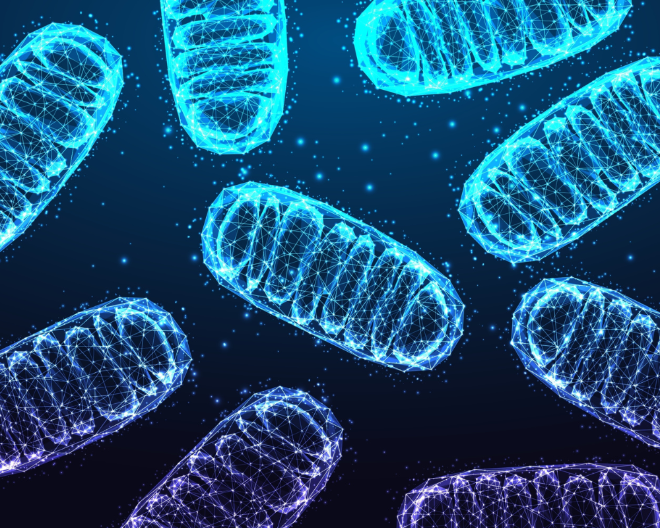
A New Approach to Enhance Immunotherapy in Multiple Myeloma
